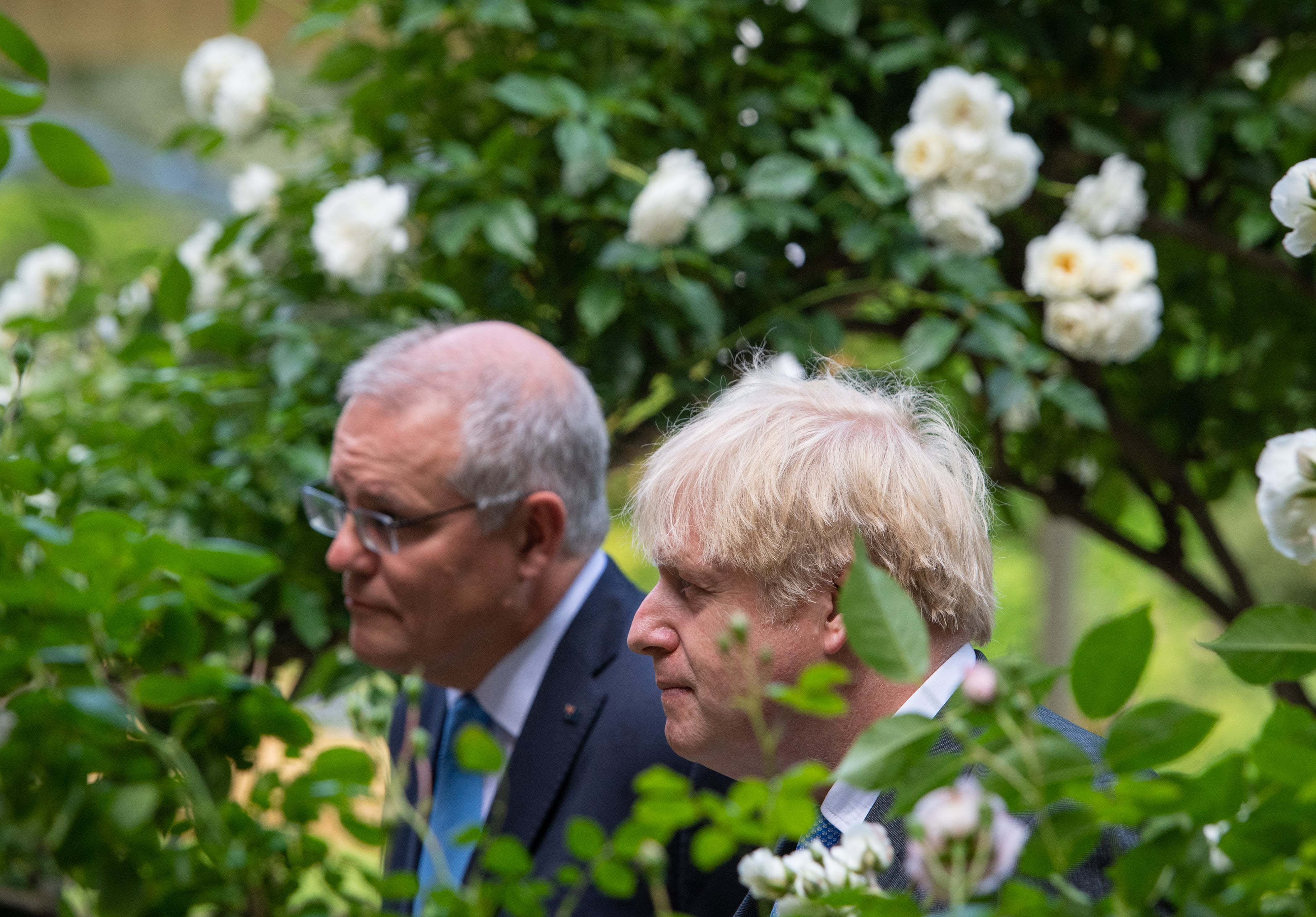UK trade negotiators must not be ‘stretched too thin’ to get benefits from deals
The National Audit Office said 64% of total UK trade is with countries now covered by a free trade agreement.

Government trade negotiators must not be “stretched too thin” to ensure the country gets the best out of post-Brexit agreements, it has been warned.
The National Audit Office (NAO) said the Department for International Trade (DIT) “successfully led the delivery of a challenging and intense programme of trade negotiations to a tight timeframe” ahead of the end of the post-Brexit transition period last year.
A report released on Wednesday showed that 64% of total UK trade is with countries now covered by free trade agreements.
But Meg Hillier the Labour chairwoman of the Public Accounts Committee, warned “the department needs to beware of being stretched too thin” and added: “It needs to ensure it puts enough effort into ensuring the UK can reap real benefits from these deals.”
The NAO also recommended the department “bring together its trade strategy in one place” to “help to clarify” the Government’s international ambitions.
Gareth Davies, the head of the NAO, said: “The Department for International Trade has built its capacity to lead a challenging and intense programme of trade negotiations to a tight timeframe.
“It now needs to ensure that the deals it is pursuing deliver real benefits to businesses, consumers and the UK economy.”
The report detailed how prior to the end of the transition period on December 31 2020, 33 of the 39 existing EU trade agreements had been migrated – and another three were agreed in 2021.
Deals were also signed in principle with Australia and New Zealand, and the UK began trade negotiations to join the Comprehensive and Progressive Agreement for Trans-Pacific Partnership.
But the NAO warned the “speed and intensity” of agreeing these deals had piled on the pressure on resources across Government.
Mr Davies added the DIT should provide “greater transparency of objectives, make best use of stakeholder views, and ensure there is enough focus on implementing the deals already secured”.
Nick Thomas-Symonds, Labour’s shadow international trade secretary, said: “Ministers must get a grip of this and act urgently. Promoting British jobs and standards around the world should be a top priority.”
While Angus Brendan MacNeil, chairman of the International Trade Committee, said: “As a committee, we’ve called on the Government to publish a full strategy for its international trade negotiations, outlining the overarching aims and objectives of the UK’s trading approach.
“The Government must also make clear how its wider policy objectives complement this strategy.”
He said: “Ministers should focus on getting deals right, rather than constantly rushing to move on to the next negotiation. These agreements have positive and negative impacts, and it’s only right that the Government puts due consideration, time and effort into them.”
A DIT spokesperson said: “We have already secured over £760 billion worth of trade deals with 70 countries plus the EU and our trade strategy will ensure that the UK continues to attract valuable financial investment that boosts our world-class exports and brings prosperity to every part of the UK.
“Through our new export strategy we will help businesses take full advantage of the opportunities that our independent trade strategy offers, boosting enterprise across the UK and helping to level up the country.
“2022 will be a five-star year for UK trade as we launch new negotiations with India, Mexico, Canada and the Gulf, as well as securing CPTPP accession. We also look forward to seeing the ambitious deals we have agreed with Australia and New Zealand come into force.”
Bookmark popover
Removed from bookmarks